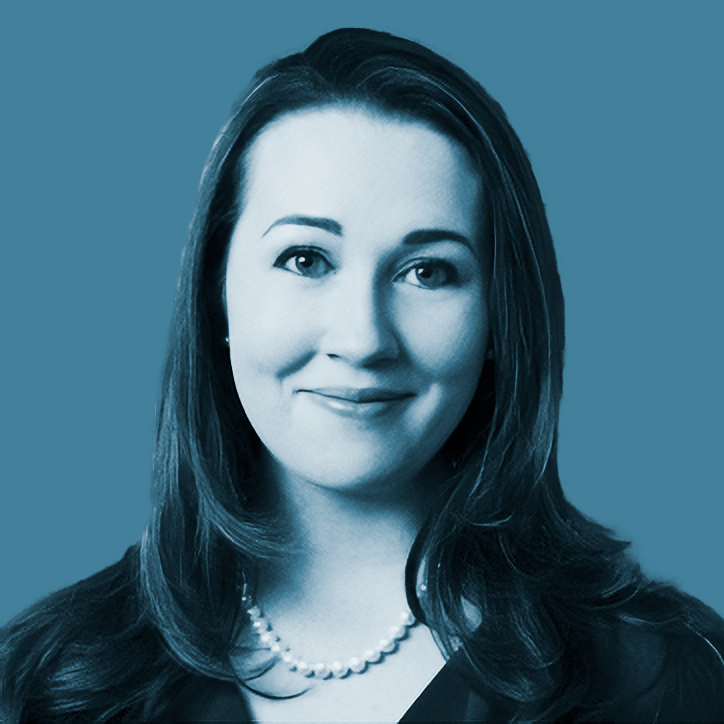Key Terms
- California nurse mortgages offer tailored benefits like lower down payments and no PMI, making homeownership more accessible for nurses in high-cost areas.
- These specialized programs often include flexible eligibility criteria and can accommodate non-traditional income sources like overtime, benefiting nurses with irregular work schedules.
- However, nurse mortgages in California may be harder to find and could carry additional fees, requiring careful financial consideration and comparison with traditional mortgage options.
From the bustling city streets city living of Los Angeles or San Francisco or are more in for the small town life of the Central Valley, California has something for you. From the stunning Yosemite Valley to the deserts of Southern Cal, the Golden State offers one of the richest and most diverse settings in the U.S.
A good number of nurses like to call California home, thanks to its robust healthcare industry. In fact, data from the Bureau of Labor Statistics tells us that some 356,900 nurses call this Western state home, including some 21,740 NPs, 2,600 CRNAs, and 332,560 RNs.
Of course, living in California is increasingly expensive for everybody. For nurses trying to buy a home, it can be outright impossible. According to the FED, the median listing price of a single family home in California is at a whopping $786,973, making it far too difficult for the average nursing professional to buy a home.
Fortunately, there are nurse mortgages out there to help. Created just for nurses, these programs can give nurses in California an easier way to find and buy a home without breaking the bank!
How are California nurse mortgages different from other loans?
The process of applying for a traditional mortgage versus a nurse mortgage in California can vary depending on the specific programs and lenders you encounter. However, here’s a rundown of some key differences healthcare professionals might come across when looking at mortgage lenders for nurse loans:
Eligibility Criteria: Nurse mortgages often come with specialized criteria tailored to nurses, like specific employment requirements or income thresholds. These criteria might be more flexible or accommodating compared to traditional mortgages, making it easier for nurses to qualify. From the minimum credit score needed for first-time homebuyers to debt to income ratio (DTI), you need to know what borrowers must have in order to qualify for certain mortgage loan amounts. Know your loan terms and income limits for medical professionals to target the right houses on the NMLS; this will make your search process easier before you identify your final loan type choice. If you can get pre-approval, even better.
In addition to specific down payment requirements or credit score rules, first-time buyers should also consider whether or not PMI is required on their loan. Loan officers will often advise you about this in the underwriting process when you’re seeking a fixed-rate mortgage. It’s good to know upfront so you can plan for this additional cost. Over time, that PMI may drop off, but it typically takes years. Of course, you may also face this and other hurdles with Federal Housing Administration (HUD) or Fannie Mae loans.
Private Mortgage Insurance (PMI): Certain nurse mortgage programs might skip the need for private mortgage insurance (PMI), which is usually mandatory for conventional loans with a down payment of less than 20%. This perk can lead to lower monthly payments for nurses.
Documentation Requirements: While both traditional mortgages and nurse mortgages need documentation of income, assets, and financial info, nurse mortgages may have specific requirements or allowances for certain types of income common among nurses, such as overtime pay or income from multiple jobs. Bring copies of your pay stubs, proof of your credit score, and proof of current savings and other income sources. This will also help first-time buyers know what they’re eligible for. These data points will also determine if you’re eligible for lower interest rates.
Additionally, nurse mortgages might offer specialized perks designed with nurses in mind, such as relocation assistance for traveling nurses or loan forgiveness programs for nurses in underserved areas of California.
When you want more down payment options for your home purchase, or you’re having trouble qualifying for a conventional mortgage, it’s time to look into nurse mortgages. Whether you’re finding a new home on the NMLS in an urban or rural area for your primary residence, these loans may be better suited to your needs than traditional mortgages.
The pros and cons of pursuing a nurse mortgage in California
When looking at all of your options, you might land on a nurse loan because you don’t qualify for things like a USDA loan or a va loan facilitated through the Department of Veterans Affairs. Borrowers who don’t meet the criteria for these other programs might turn to nurse loans to help find the best mortgage for their purchase price. Qualifying nurses can buy their first piece of real estate and secure a home. Nurse mortgages might even have down payment assistance programs based on the home loan program or home buying program you choose. First-time home buyers might try looking at FHA loans to start, but realize it’s just too hard to qualify.
Thinking about weighing the pros and cons of getting a nurse mortgage before you decide? Check out the details below:
Pros:
Nurse mortgages come with several perks for nursing professionals, such as:
- More relaxed eligibility criteria
- No PMI in certain cases
- Lower down payments
Plus, nurse mortgages take into account the unique situations often found in nursing, like overtime and juggling multiple jobs.
Cons:
- These mortgages might be trickier to come by compared to traditional ones.
- They could also come with extra fees.
Consider all of this alongside your financial situation to figure out if a nurse mortgage is the right fit for you.
Examples of nurses who take out nurse mortgages in California
A newly hired nurse at Mount Sinai Hospital in Los Angeles, Rachel was thrilled to begin her career at such a prestigious medical institution. Soon enough, however, she realized how “complicated” living in LA would be, especially if she wanted to buy a home.
Despite her steady income as a nurse, Rachel struggled to qualify for a traditional mortgage due to her limited credit history and student loan debt. Disappointed, Rachel confided in a colleague who recommended exploring nurse mortgages.
After looking into these unique loans, Rachel soon realized that they were tailored to the needs of nurses like herself, offering looser eligibility requirements and taking into account the irregular schedules and multiple jobs common among nurses.
Encouraged by the possibility of actually owning a home in LA, Rachel reached out to a lender specializing in nurse mortgages. The lender took the time to understand Rachel’s situation and explained how a nurse mortgage could cater to her needs as a nurse.
With the lender’s guidance, Rachel navigated the application process smoothly. Rachel was delighted to discover that her nurse mortgage not only provided her with the opportunity to purchase a home but also offered additional benefits, including assistance with closing costs and flexibility in documenting her income from overtime.
Thanks to this specialized financial product, Rachel was able to achieve her dream of homeownership and establish herself in the vibrant city of Los Angeles while pursuing her career as a nurse at Mount Sinai Hospital.
Looking for a nurse mortgage in a different state?
If you’re looking to explore the best nurse mortgage in other states, click on your state below.













